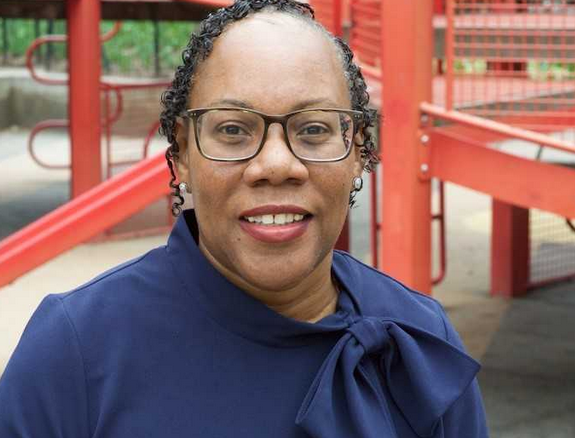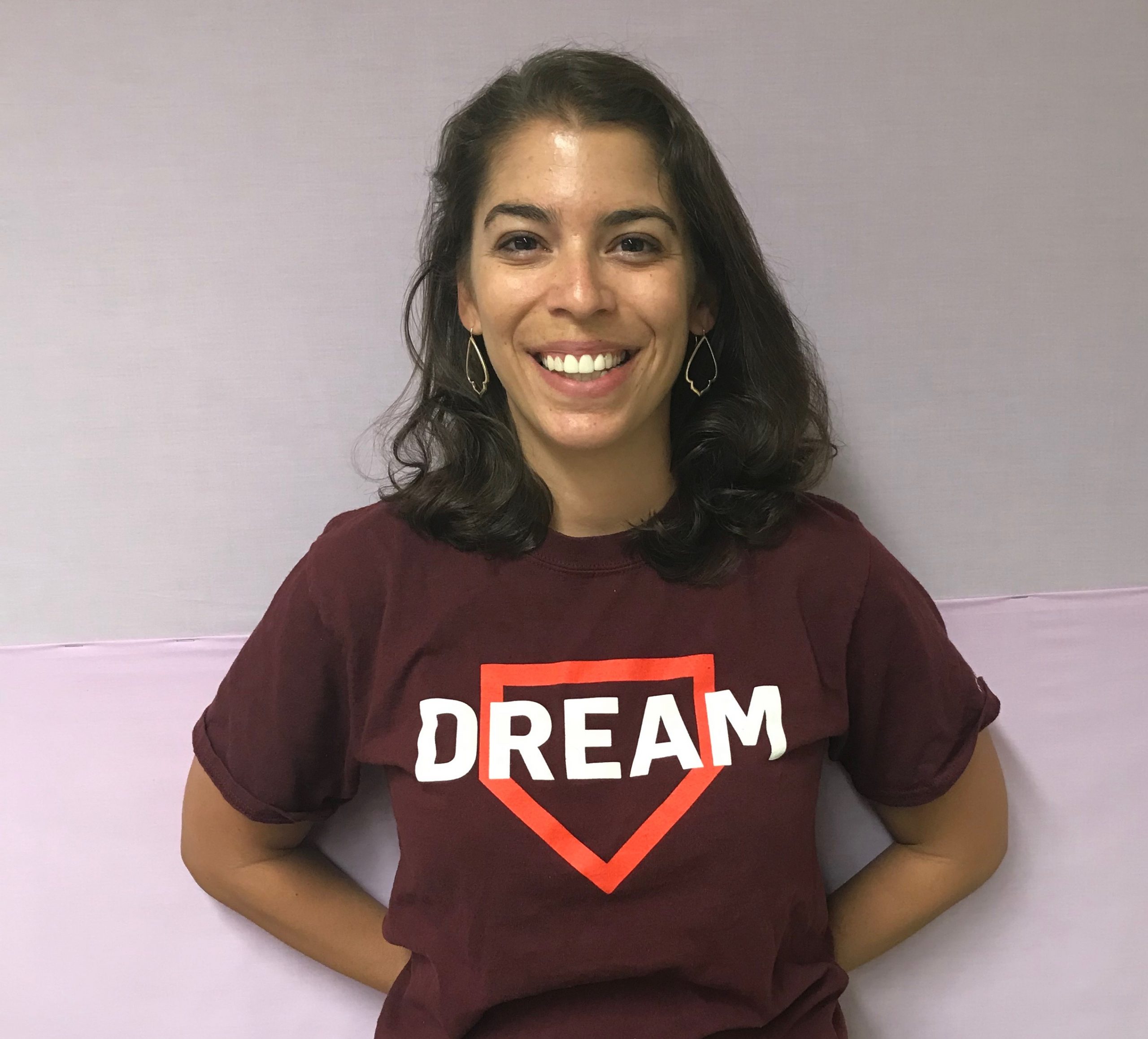The Leadership Initiative invited its members to reflect on different aspects of leadership, bringing to light unique pathways, approaches, challenges and lessons learned. TLC hopes that through this series you get to know these diverse individuals and take away an appreciation for their journeys and leadership skills and its impact on the lives of children, families, their staff and communities.
Dr. Cecilia Scott-Croff is the Executive Director of the Early Childhood Center at Borough of Manhattan Community College and an Adjunct Professor in the Teacher Education Department. She is an experienced administrator, teacher, staff developer and advocate for families with over 25 years of experience in the early childhood field. She earned her Ed.D. in executive leadership from St. John Fisher College and holds the New York State Children’s Program Administrator Credential. Cecilia is a member of the accreditation council appointed by the governing board of the National Association for the Education of Young Children, a 2020 Early Career Scholar at the NYC Early Childhood Research Network, and the chapter co-chair for the Westchester Association for the Education of Young Children.
What has been a significant factor, moment, or person in shaping your leadership, particularly as a female leader?
There are two things that have been particularly significant factors for me. First, the systemic racism I endured as a young child and teacher. Somehow I learned to use it as fuel to motivate me to constantly reflect upon my experiences with others and my interactions with children and families. The second has been my mother. My mother worked as a domestic. She has very little formal education. She is one of the smartest and strongest people I know. She is fiery, hardworking, kind and intelligent. She raised seven children alone, away from her own family. She left the rural south for a better life. In her middle child, me, she instilled a fierce independence, fearlessness, confidence, strong work ethic and a love for literature.
What is the biggest or most significant challenge you face in your leadership?
I love helping grow the field but it breaks my heart to watch good teachers leave early childhood centers because they are unable to make a living wage.
Additionally, often as a leader we believe our role is to train, to teach and to constantly tell others how it is done, when it is actually the opposite. A true leader listens and is a warrior when they need to be. A leader quietly does the heavy lifting when they need to. They are authentic in their approach and as transparent as possible. Leaders work to develop a team that is as competent, articulate and focused on the purpose as opposed to the personality. They are affirming, yet tough when they need to be.
How do we as leaders get better/grow?
Reflection. This can be much harder than it appears. Establishing a leadership style is a mix of working to gain a better understanding of the field through continuous professional development, learning from others, and investing in oneself. Take advantage of opportunities to learn more and do not be afraid to be in the presence of those who intimidate you.
How do you handle criticism?
With grace. It is not easy, but a true leader will find a quiet moment to truly take in what has been stated. I am learning daily [that] I don’t have to react to everything. I can take my time in responding. I can still be authentically me and still apologize. I reflect often and have come to understand that I don’t have to fight to be right all the time. This allows me to work to establish new relationships with different perspectives.
What is something others can do today to make their spaces/programs/relationships more inclusive?
Establish a charter, mantra, or standard agreements about what diversity, equity and inclusion should look like in your program. Cultivating a positive environment can encourage families and educators to embrace various ideas and perspectives. Also, listen to families and learn from them. Plant a seed of acceptance, help create resilience among families and awareness among educators.
Anything else you would like to add?
I read once, to build a strong team, you must see someone else’s strength as a compliment to your skill set and not a threat to your position or authority. I want to work alongside other thought leaders and create a work space that allows the team to share their truth, learn, and nurture a team of professionals that does not have to worry about bruising the leadership’s ego.
The other truth I like to live in is surmised in a quote by Brene Brown and that is: “Have the courage to be imperfect”.
The last thing I would say is another quote I have been about to live by is the following:
“The most successful people I know have figured out how to live with criticism, to lean on the people who believe in them, and to push onward with their goals.” (Michelle Obama)
Jenna Pettinicchi is the Assistant Director of the Leadership Initiative.




Truth all the way! “ Establishing a leadership style is a mix of working to gain a better understanding of the field through continuous professional development, learning from others, and investing in oneself”. We need more trainings about this!
Excellent resource